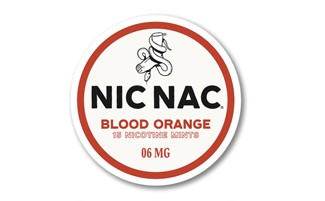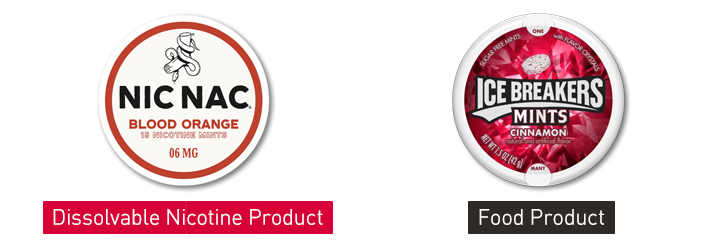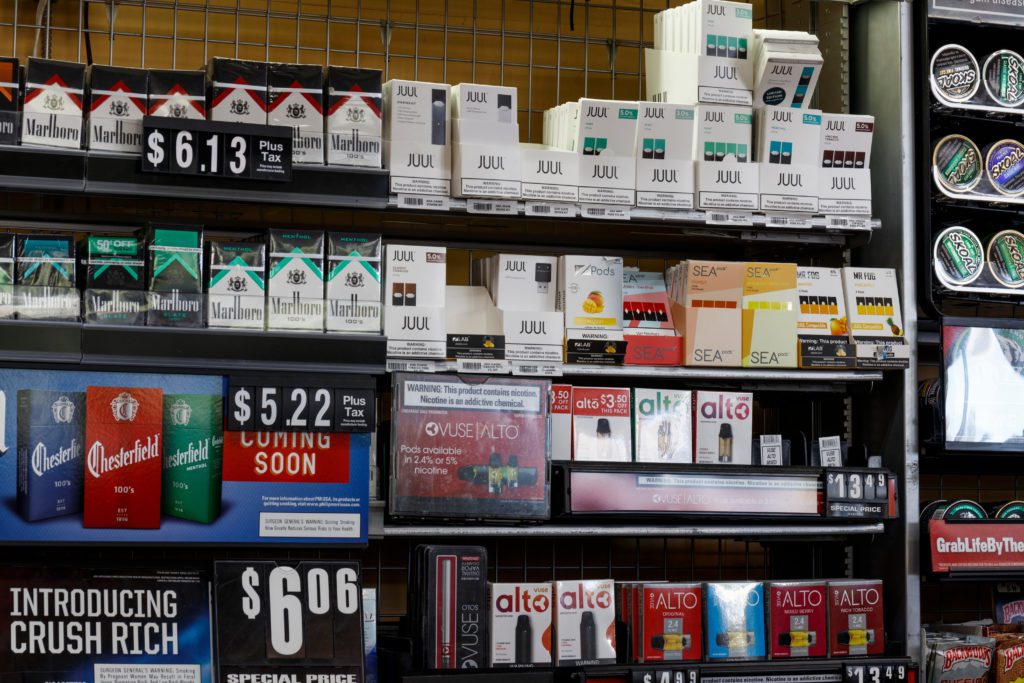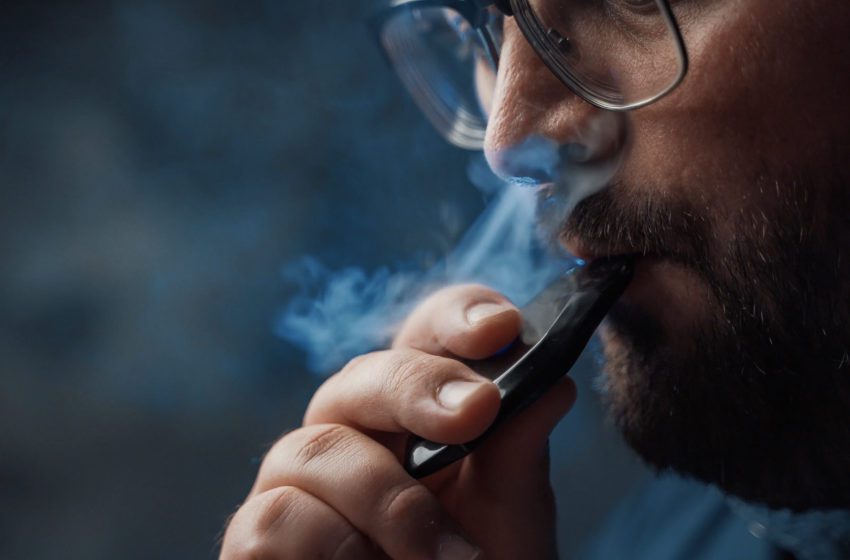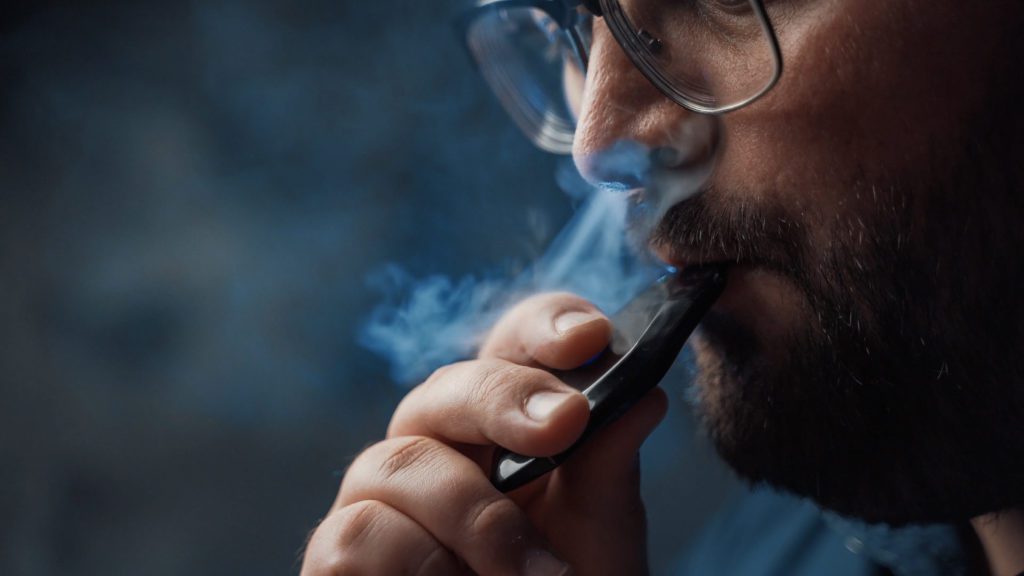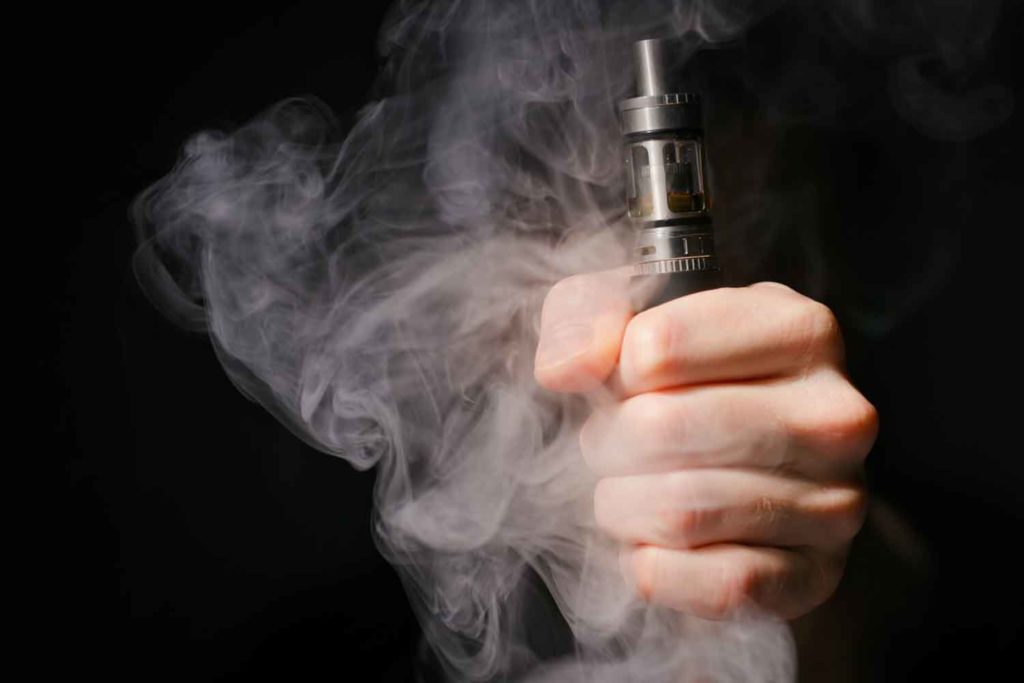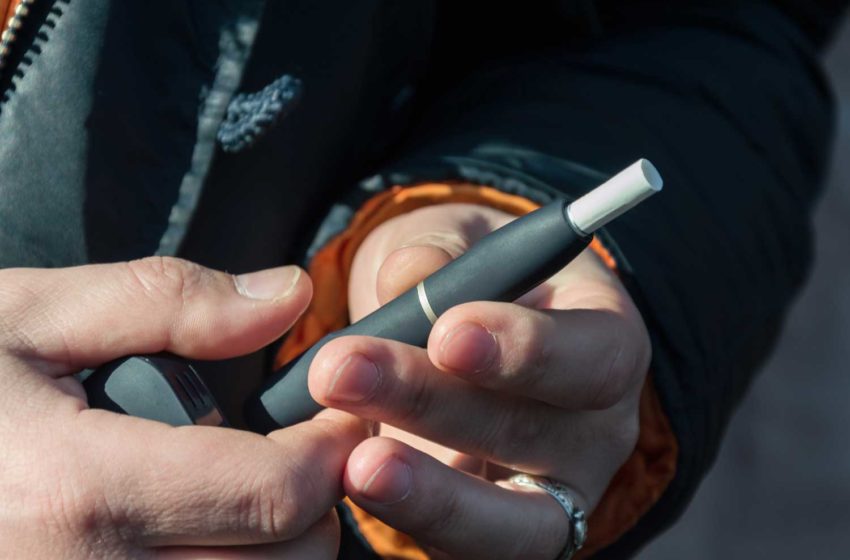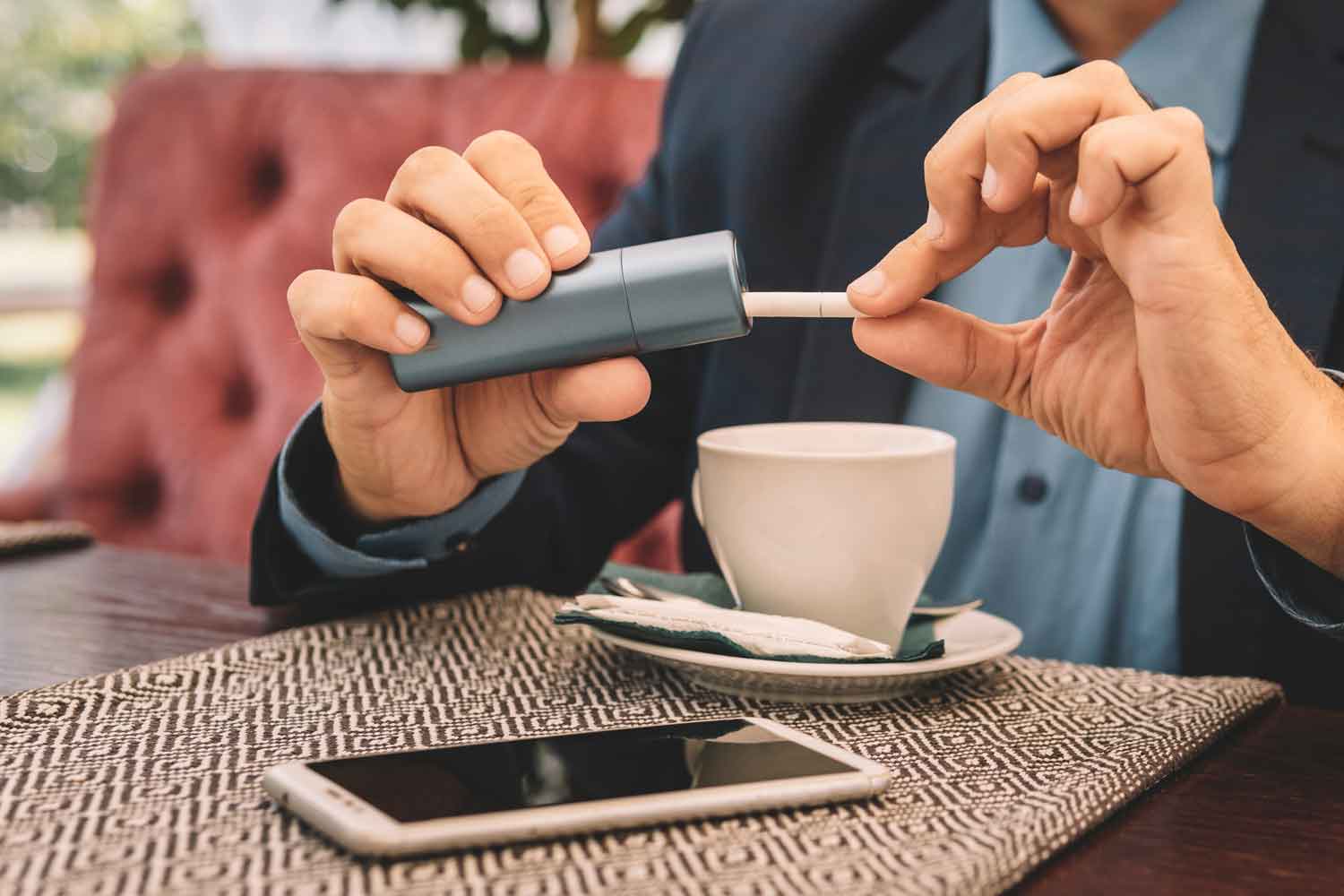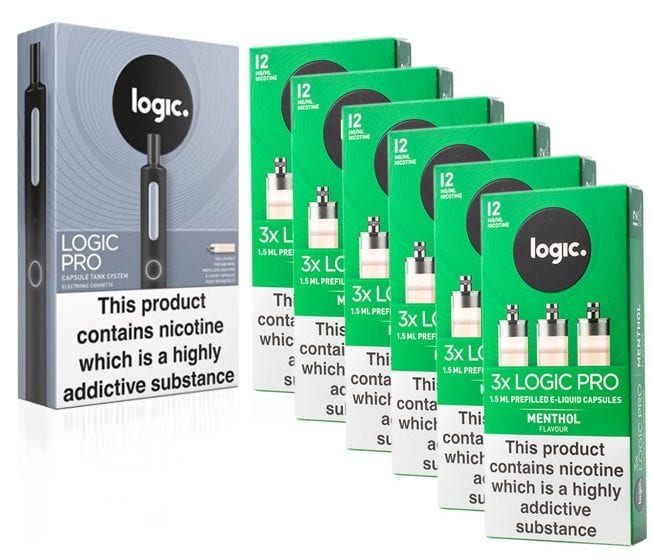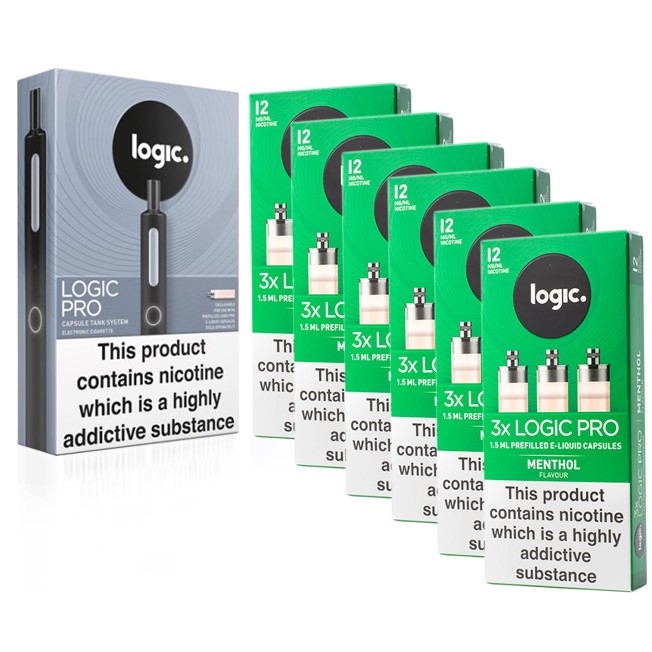
The Supreme Court of Panama has decided to hear a lawsuit challenging the constitutionality of the country’s ban on e-cigarettes and heated tobacco products.
In early August, the Panamanian Tobacco Harm Reduction Association (ARDTP) filed a lawsuit with the Supreme Court, arguing that Law No. 315, which prohibits the use, sale, and import of e-cigarettes and heated tobacco in the country, is unconstitutional and should be repealed.
The Panama Association for Tobacco Damage Reduction (ARDTP) had its appeal case advanced by the Supreme Court on Sept. 21 following a lawsuit, according to media reports.
If the Supreme Court deems the unconstitutional statement valid, the 315 bill will return to the legislative body for modifications.
Once the bill is amended, it will be resubmitted to the Supreme Court to confirm its constitutionality. A proposed new law is being drafted to replace the current 315 bill, thereby supporting provisions based on “risk.”
Panama is one of several Latin American countries, including Mexico, Argentina, and Venezuela, that have implemented strict legislation since 2022 to restrict the use, sale, and import/export of vaping products.
Many harm reduction advocates argue that the enactment of such legislation has resulted in the creation of a black market for safer nicotine products within their respective countries.
The World Vapers Alliance (WVA) states that Panama’s Supreme Court’s decision to hear this lawsuit is a positive first step.





